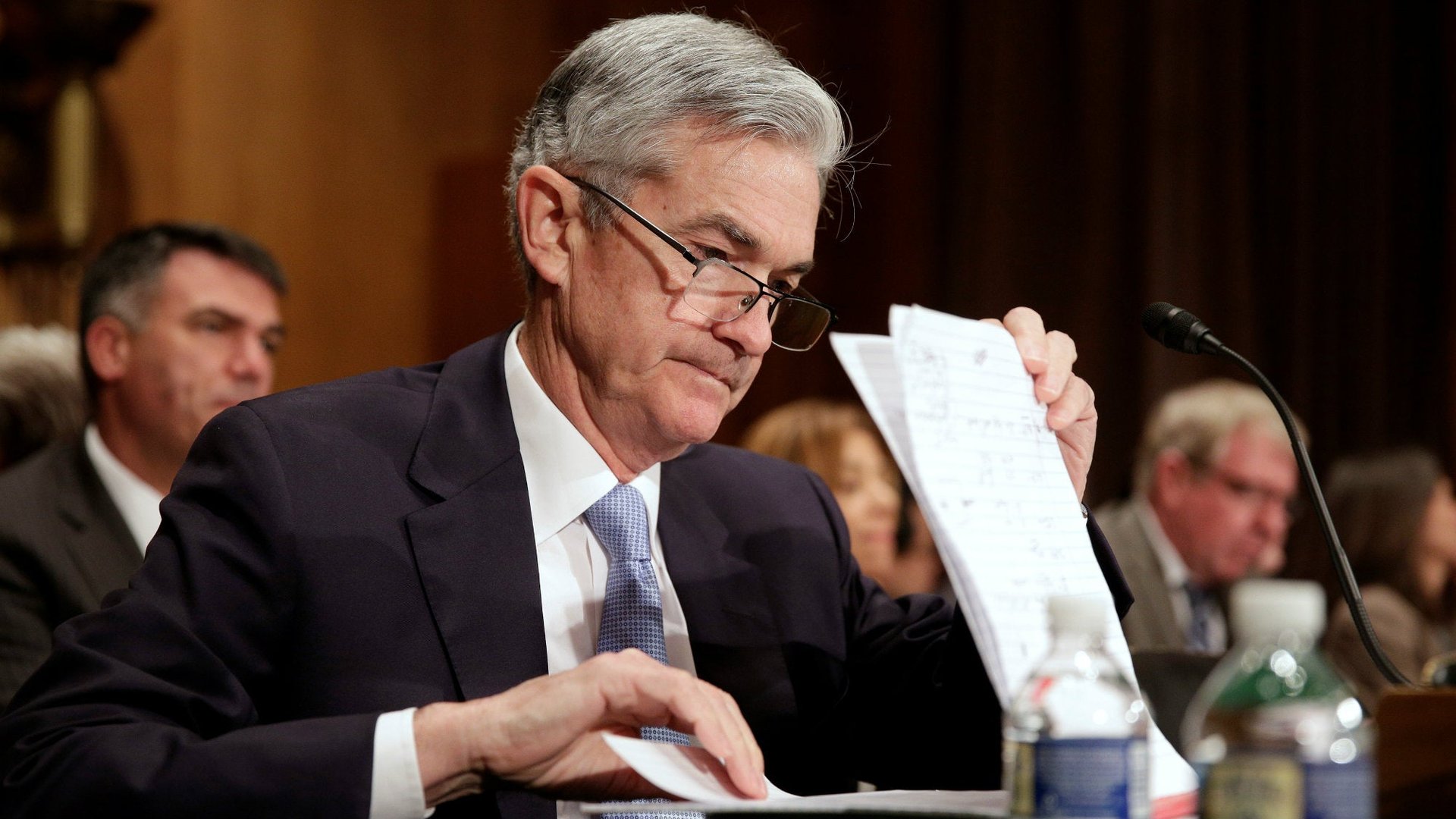The next Fed chair is not an economist. Does it matter?
Jerome Powell is Donald Trump’s pick to be the next Federal Reserve chair. If confirmed by the Senate, he will be the first non-economist to hold the job for nearly 40 years 1. The decision is consistent with the Trump administration’s drive to shake up Washington and favor people with business savvy over those with technical or academic expertise. The bulk of Powell’s career was spent in law and private equity, before he joined the Fed’s board in 2012.


Jerome Powell is Donald Trump’s pick to be the next Federal Reserve chair. If confirmed by the Senate, he will be the first non-economist to hold the job for nearly 40 years 1. The decision is consistent with the Trump administration’s drive to shake up Washington and favor people with business savvy over those with technical or academic expertise. The bulk of Powell’s career was spent in law and private equity, before he joined the Fed’s board in 2012.
The last non-economist Fed chair, William Miller (1979-81), was a disaster, associated with a period of high inflation and unemployment. That said, the necessary qualifications for the Fed chair are not fixed. These days, the ideal head of the Fed should be able to balance short- and long-term economic growth while maintaining the Fed’s credibility and independence. In an era that distrusts expertise, a PhD may not be necessary to achieve these goals.
The case for an academic
For most of the Fed’s history, chairs were not economists. But the typical qualifications of the job changed over the years, as markets and the philosophy of monetary policy changed. During the post-war and post-Bretton Woods era, the financial system became more global and volatile. This meant that monetary policy needed to be both more technical and reliant on data. This created demand for a Fed chair with technical training who could make sense of the latest research and appreciate the strengths and weaknesses of models from Fed economists. This sort of training is unique to economics PhD programs.
The secret of monetary policy is that, within a certain range, the Fed’s key policy tool—setting the overnight interest rate that banks charge each other—may not actually matter that much to the economy. Obsessing about small rate changes is, thus, mostly for show. What matters more is what the Fed communicates to markets via rate changes, namely whether it is committed to its inflation target and has the authority to spur changes in the labor market. The ability to communicate effectively in this way requires credibility, making clear that the Fed will maintain its long-term goals even if it means some pain in the short term. Credibility is an argument for a chair with an academic background. Scholars of monetary policy have a firm sense of its limitations and a long track record of research people can study in order to understand their philosophy.
The advantage of a chair with academic training is that it’s easier to get a sense of who they are intellectually, which means more predictability and a grounding that suggests they will make decisions to benefit the economy in the long term, whatever the politics of the day. A deep knowledge of the history of monetary policy provides the intellectual foundation to make hard choices.
The world has changed. Maybe the Fed should too?
Despite his lack of academic credentials, Powell has policy experience. He served a stint in the Treasury under George H.W. Bush and has been a Fed governor since 2012. Also, it could be argued there is more of a need for a financial practitioner rather than an economic thinker in the post-crisis world. In addition to setting monetary policy, the Fed has large and growing role regulating financial institutions. This part of the job requires a practical understanding of how financial markets work. Powell’s many years in investment banking and private equity may serve him well in this regard.
The Fed also has a wider range of tools at its disposal now. To fight the financial crisis, the Fed amassed a $4.5 trillion balance sheet buying up bonds and other securities. These extraordinary actions were necessary at the time, but have invited more political scrutiny, endangering the institution’s independence. A chair with more political savvy than a lifelong academic may be what’s necessary to maintain the Fed’s independence.
Powell’s immediate predecessors, Janet Yellen and Ben Bernanke, were true academics who pushed the Fed to be technocratic and transparent. Following in the academic tradition, they encouraged and were comfortable with dissent among the other governors and regional Fed presidents. This was a big departure from Alan Greenspan, who ran a cult-of-personality Fed. Some people miss that era, but it is a high-risk strategy because it requires sterling judgment from a single person (academic or not).
It’s hard to predict what Powell’s intellectual persuasion is, but he appears to be a consensus-builder rather than a domineering Greenspan type of chair. His monetary-policy preferences also seem to follow Yellen’s, so his non-economist background may set him apart more clearly when it comes to bank regulation. (Or deregulation, as Trump would prefer.)
Other roles at the Fed might evolve under Powell. Perhaps the vice-chair position, which is currently vacant, will provide the academic, intellectual horsepower while the chair represents the politically savvy face of the board. This could be the best of both worlds.